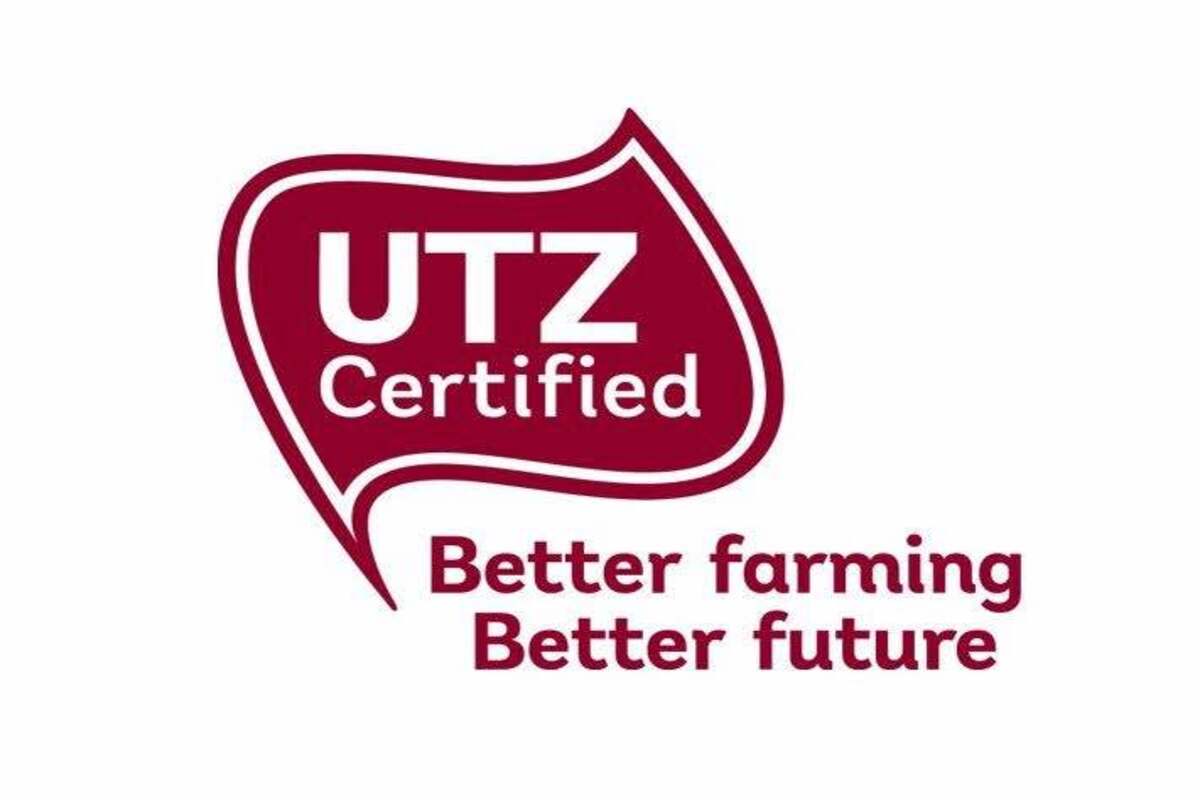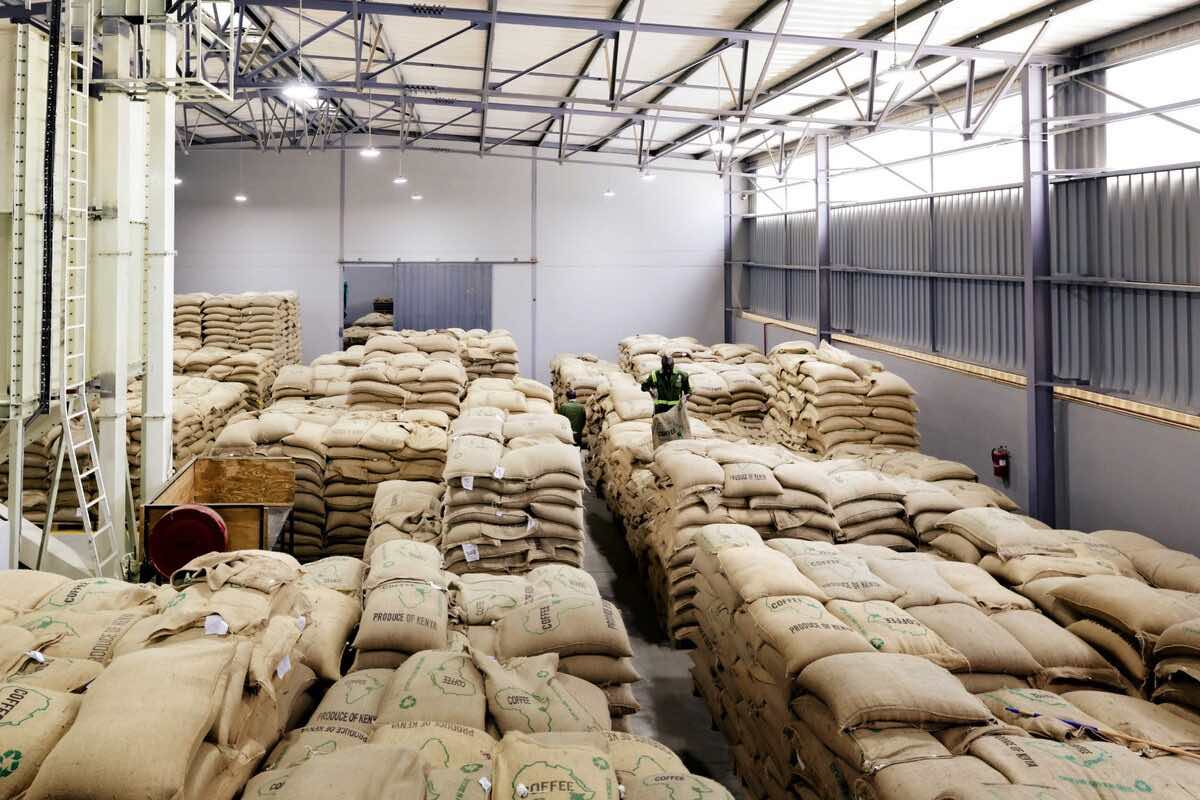
Coffee Certifications: Navigating an Overcrowded Marketplace
Introduction
In recent years, the coffee industry has witnessed a rapid increase of certifications aimed at promoting ethical, environmental, and quality standards in coffee production and sourcing. While these certifications initially served as beacons of sustainability and responsibility, their increasing numbers raise pertinent questions about their efficacy and impact.
As more certifications flood the market, stakeholders are left wondering if we are encountering the law of diminishing returns.
The landscape of coffee certifications is diverse, with familiar names like Fair Trade, Organic, Rainforest Alliance, and UTZ alongside newer entrants such as Bird Friendly and 4C (Common Code for the Coffee Community). For consumers, navigating this maze of certifications can be daunting, leading to confusion and potentially diluting the significance of each label.
Moreover, research suggests that an abundance of certifications can lead to consumer fatigue and decision paralysis. Consumers may resist absorbing new information, thereby hindering their ability to make informed choices.
While the proliferation of certifications reflects a heightened awareness of environmental issues within the industry, it also underscores the challenges in regulating and enforcing these standards. Despite calls for mandatory frameworks to govern coffee production, the reliance on voluntary certifications persists. Until such regulations are universally adopted, stakeholders must exercise discernment when interpreting the value of certifications.
However, amidst these challenges lies an opportunity for innovation and reform. {Reimagine certifications to maximize their impact effectively.} combining regulatory measures with complementary strategies to promote sustainability comprehensively.
In conclusion, the surge in coffee certifications signals both progress and complexity within the industry. While certifications serve as valuable tools for promoting sustainability, their proliferation raises questions about their efficacy and relevance.
As stakeholders navigate this crowded landscape, it is important to critically evaluate the value and integrity of certifications, ensuring that they uphold the principles they appear to represent.






